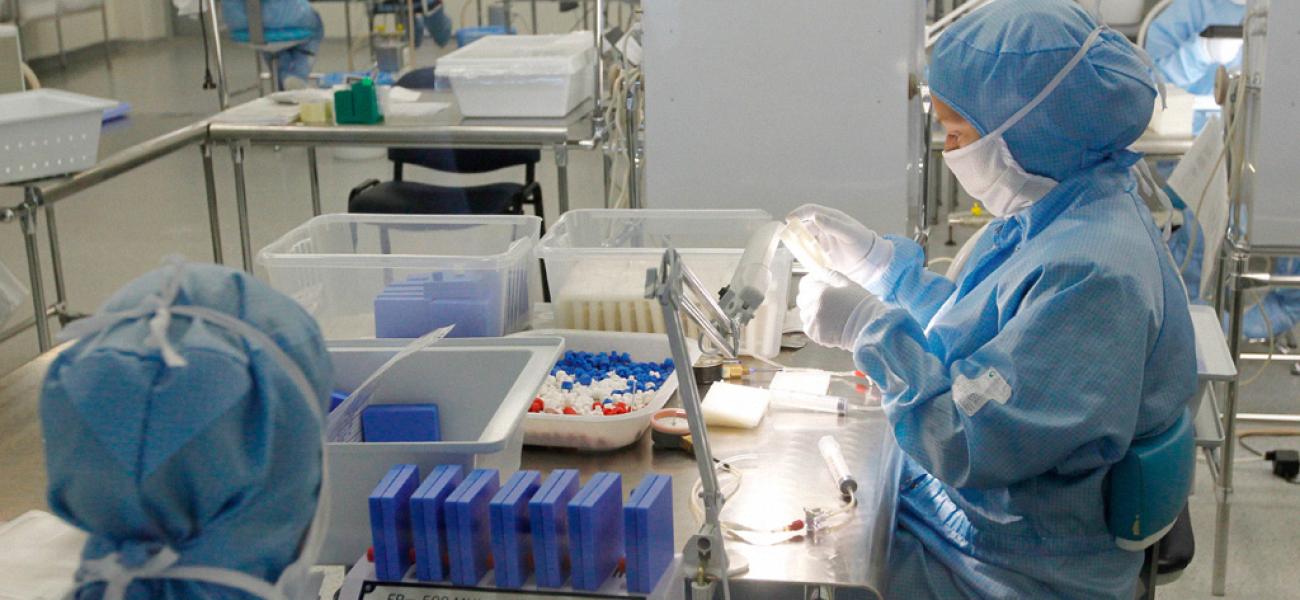
Putin’s Great Patriotic Pseudoscience
This is a summary of an article originally published by Foreign Policy with the subheading: "Russia has a proud history of scientific inquiry and advancement. Now the Kremlin is investing in academic kooks and conspiracies."
The author details the Russian state’s recent embrace of politically convenient pseudoscientists and the pushback from the Russian scientific community. Among the author’s examples: Irina Yermakova, a biologist who believes that men "evolved from early hermaphrodite Amazonians,” who appears regularly on Russian national television and has supported populist lawmakers by “claiming that genetically modified foods are actually an American bioweapon”; Anna Kuznetsova, the Kremlin's ombudswoman for children, who believes in an "archaic theory that a woman’s child bears the traits" of every sexual partner she has ever had; and Mikhail Kovalchuk, a physicist from Vladimir Putin’s inner circle who presides over an important nuclear-energy research institution, and who gave a presentation in front of Russian senators that warned of "a special human subspecies" in development by the world's elite. Opponents of this trend have made several attempts to fight back. The Academy of Sciences rejected Kovalchuk as a member; this and other moves against him may have led to backlash, including a 2013 move by the Russian government to dismantle the academy. A September 2016 report by the Russian Academy of Sciences’ special commission to fight Russian pseudoscience found that the rise of pseudoscience was partly connected to Russia's "growing isolation and nationalism." A project called "Dissernet" has been seeking to expose fraud in Russian Ph.D. dissertations since 2013, often targeting lawmakers and government experts. The link between pseudoscience and nationalism has allowed critics to be labeled as "unpatriotic Russophobes." Meanwhile, the Kremlin also appears to be making efforts to "cut off legitimate Russian researchers from the outside world.”
Read the full article at Foreign Policy.
Maria Antonova
Maria Antonova is a Moscow-based reporter for the AFP.
Photo by RIA Novosti shared under a CC BY-SA 3.0 license.

